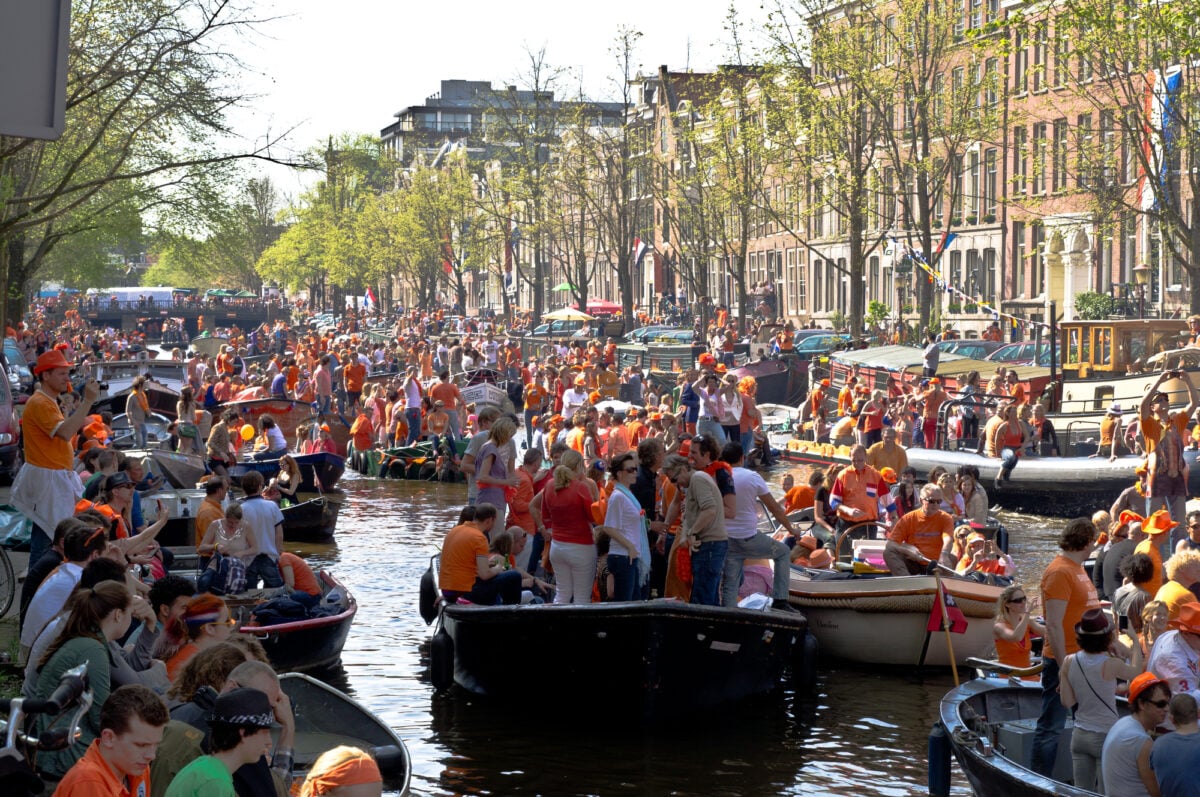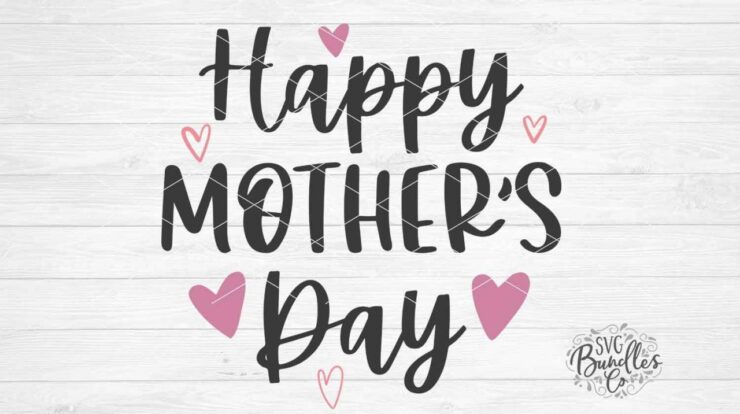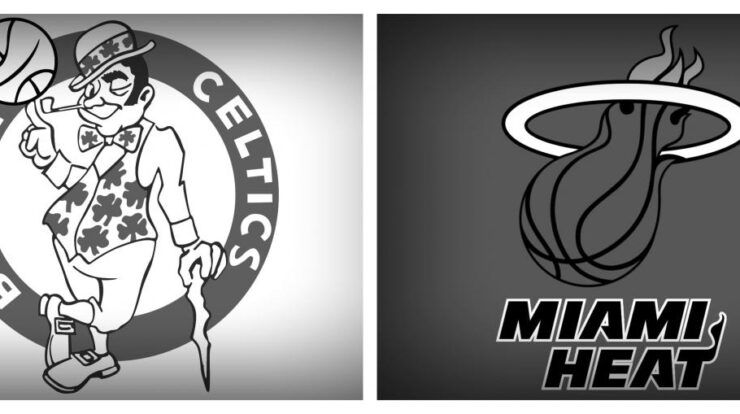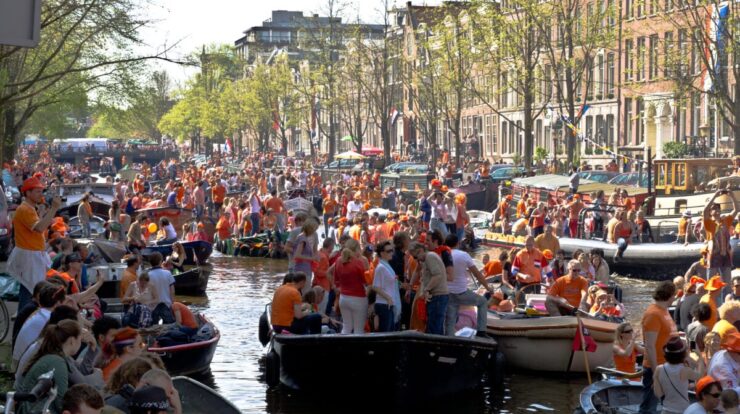
Dutch Kings Day, a vibrant and beloved celebration in the Netherlands, honors the birthday of King Willem-Alexander and showcases the rich cultural heritage of the country. This annual event brings together communities across the nation, fostering a sense of unity and national pride.
From its historical origins to the lively festivities and economic impact, Dutch Kings Day holds significant cultural and societal importance, leaving a lasting impression on both participants and visitors alike.
Dutch Kings Day: A Royal Celebration with Historical Roots
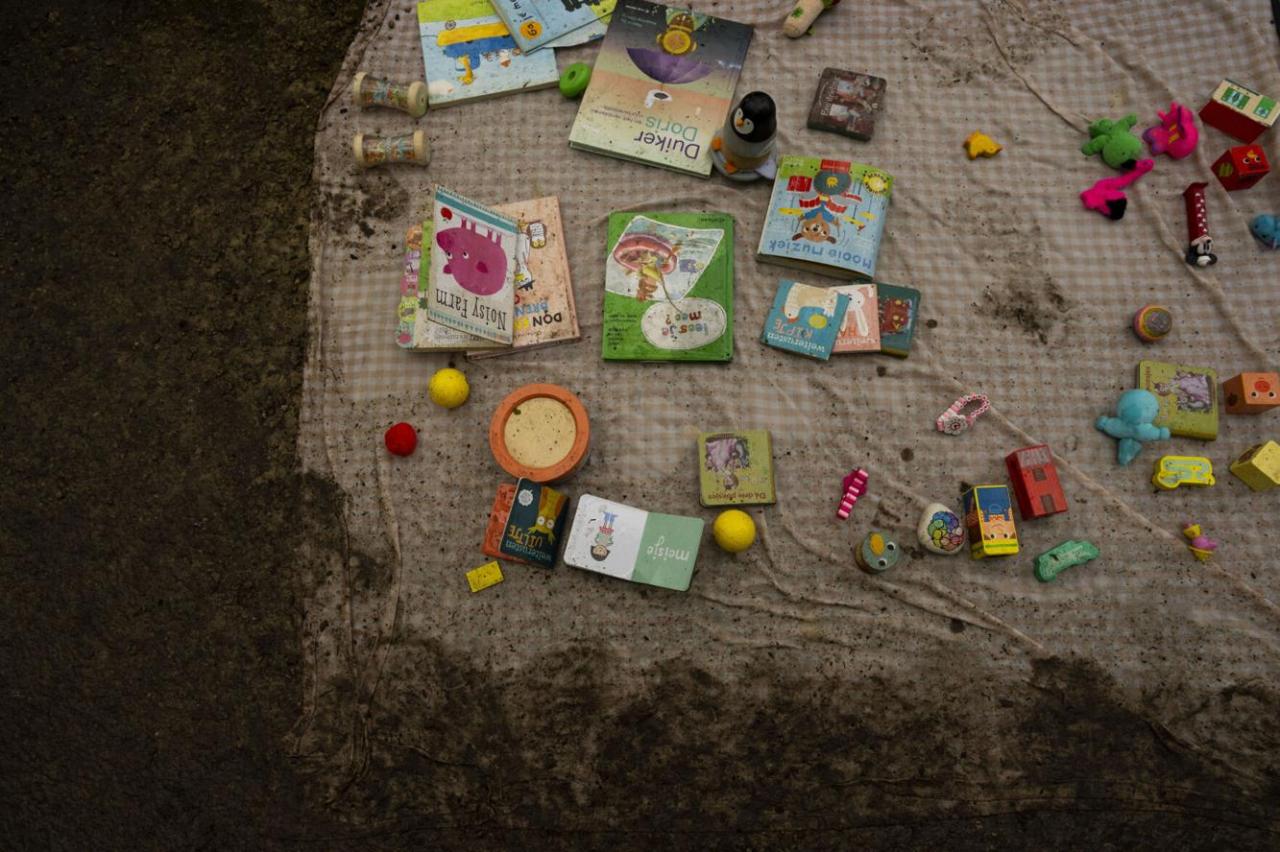
Dutch Kings Day, a vibrant celebration of national unity and royal heritage, is an annual event that captivates the Netherlands and beyond. Rooted in the country’s rich history and the birthday of King Willem-Alexander, this day is a testament to the deep-seated traditions and cultural significance that bind the Dutch people together.
Historical Context of Dutch Kings Day
The origins of Dutch Kings Day can be traced back to 1885, when it was known as “Prinsessedag” (Princess Day) to honor the birthday of Princess Wilhelmina, the future Queen of the Netherlands. In 1949, after Queen Juliana ascended to the throne, the celebration was renamed “Koninginnedag” (Queen’s Day) and continued to be celebrated on April 30th, the date of her birth.
With the succession of King Willem-Alexander in 2013, the holiday was renamed “Koningsdag” (King’s Day) and moved to April 27th, his birthday.
Festivities and Traditions
Dutch Kings Day is a day of jubilant revelry, characterized by a sea of orange-clad revelers and a lively atmosphere. The festivities commence with the “vrijmarkt,” a nationwide flea market where people can set up stalls to sell their goods.
Other popular activities include street parties, live music, boat parades, and traditional games like “koekhappen” (biscuit biting).
The iconic orange attire worn during the celebration symbolizes the Dutch royal family, the House of Orange-Nassau. Orange has been the color associated with the Dutch monarchy since the 16th century and is now deeply embedded in the national identity.
Cultural Significance
Dutch Kings Day is more than just a day of merriments; it is a profound expression of Dutch culture and national pride. It fosters a sense of unity and belonging among the Dutch people, regardless of their backgrounds or beliefs.
The celebration also serves as an opportunity to showcase Dutch traditions, customs, and the country’s vibrant cultural heritage.
Economic Impact
Dutch Kings Day has a significant economic impact on the Netherlands. The influx of tourists and the increased spending by locals during the celebration generate substantial revenue for businesses across the country. Hotels, restaurants, and retail stores experience a surge in sales, while the tourism industry benefits from the increased number of visitors.
Environmental Considerations
While Dutch Kings Day is a joyous occasion, it is also important to consider its environmental impact. The large crowds and the use of plastic cups, plates, and decorations can contribute to waste and pollution. In recent years, there have been efforts to make the celebration more sustainable, such as promoting the use of reusable items and encouraging recycling.
Global Recognition
Dutch Kings Day is not only celebrated within the Netherlands; it has gained popularity in other countries and regions with Dutch communities. Countries like Canada, Australia, and New Zealand hold their own versions of the celebration, adapting the Dutch traditions to their local contexts.
Future of the Celebration
As Dutch Kings Day continues to evolve, it is likely to embrace emerging trends and innovative ideas. The use of social media and digital platforms has already become an integral part of the celebration, allowing people to connect and share their experiences.
In the future, we can expect to see even more innovative ways to celebrate this beloved Dutch tradition.
Ending Remarks
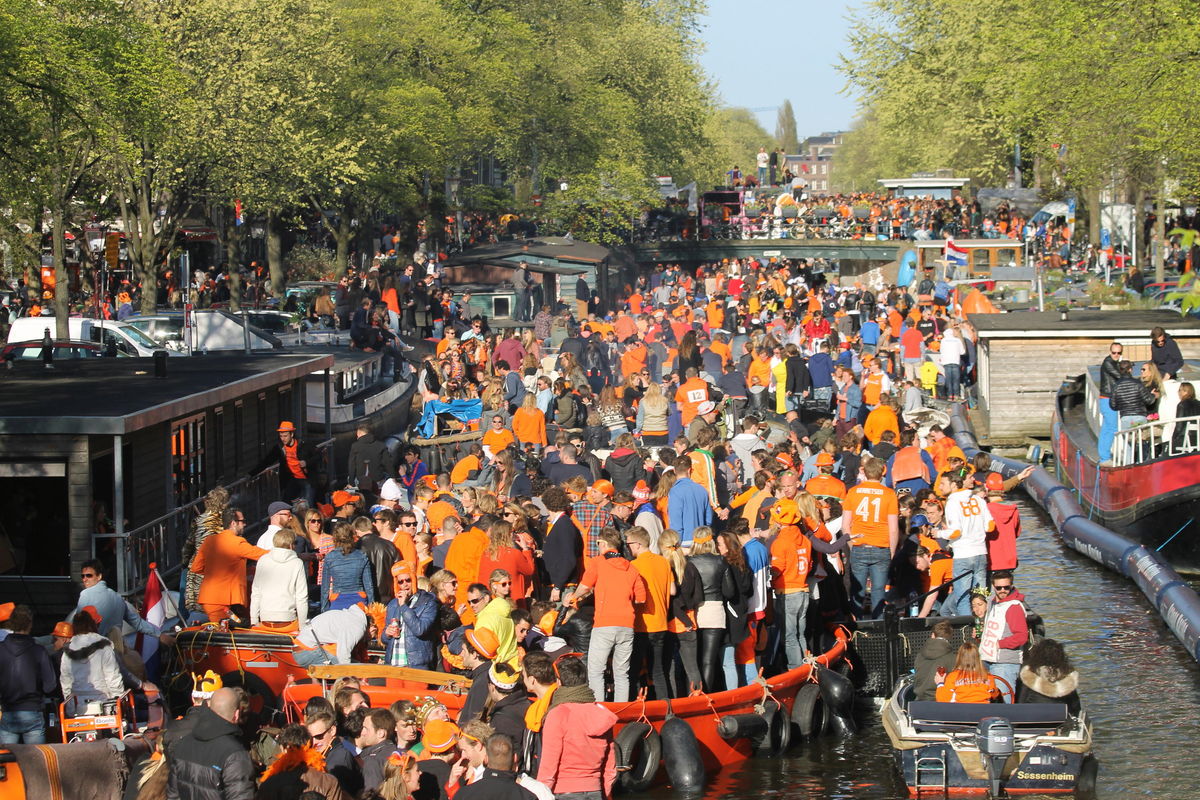
As Dutch Kings Day continues to evolve, it remains a testament to the enduring spirit of the Netherlands. Its vibrant traditions, cultural significance, and economic benefits ensure its place as a cherished celebration for generations to come.
Question & Answer Hub: Dutch Kings Day
When is Dutch Kings Day celebrated?
Dutch Kings Day is celebrated on April 27th, the birthday of King Willem-Alexander.
What is the significance of the orange attire worn during Dutch Kings Day?
The color orange represents the Dutch royal family, the House of Orange-Nassau, and wearing orange attire is a way to show support and celebrate the monarchy.
What are some of the traditional activities associated with Dutch Kings Day?
Traditional activities include flea markets, street parties, music performances, and the wearing of orange clothing.
